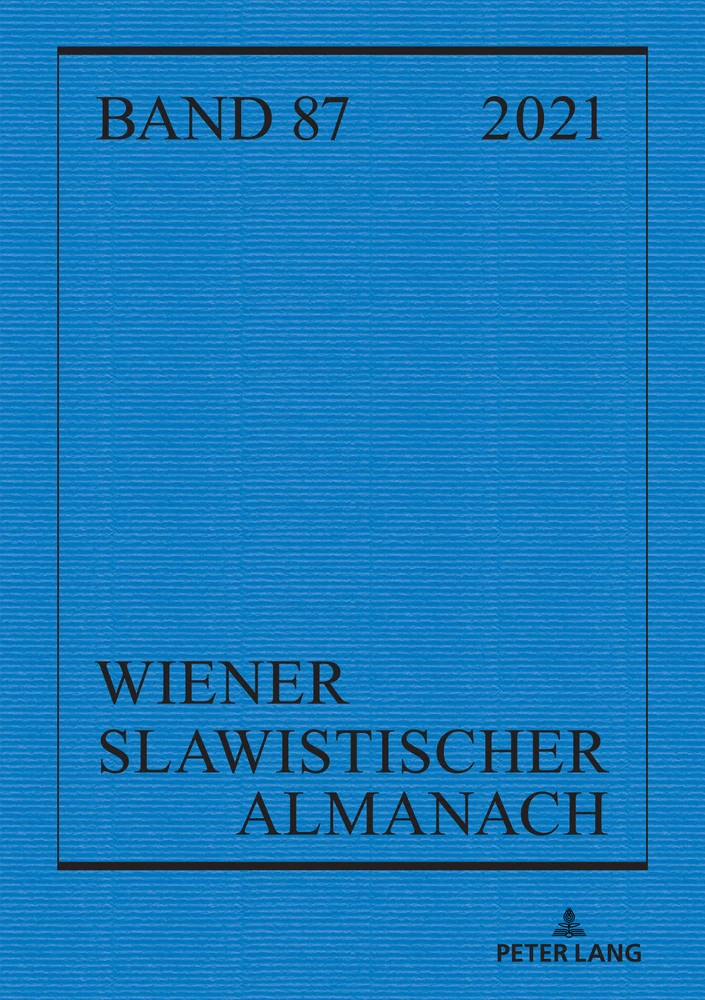Обэриуты в оценках журнала Детская литература (1932–1939)
Veröffentlicht am 17.02.2022
Schlagwörter
- OBERIU members,
- children’s literature,
- “niche”,
- pedagogy,
- brainwashing
Abstract
This essay focuses on a micro-episode from the history of the Soviet children’s literature of the 1920–1930s, namely the history of the OBERIU’s critical assessment of the publications addressed to the juvenile audience in the magazine Detskaya Literatura /Children’s Literature. The essay examines the self-evident, yet also, at times, paradoxical connection of the OBERIU group with the ideological course of the time and the instructions of the ruling Communist party. We highlight three periods in the history of the OBERIU’s criticism of the “children’s” project: the period of pedology (until 1936), the period of brief political silence (until 1937), and the period of the Stalinist repressions (1937–1938). We also refer to two major tendencies in literary reviews of the period. The first was the tendency of the reviewers to claim their superior status as those who could both teach and guide the authors of children’s literature; this type of criticism easily turned into a tool of punishment for the authorities as denunciation and bullying became common and the repressions intensified. The second tendency manifested itself only occasionally; it was aesthetic criticism, the echo of the long obliterated Russian Formalist criticism.

